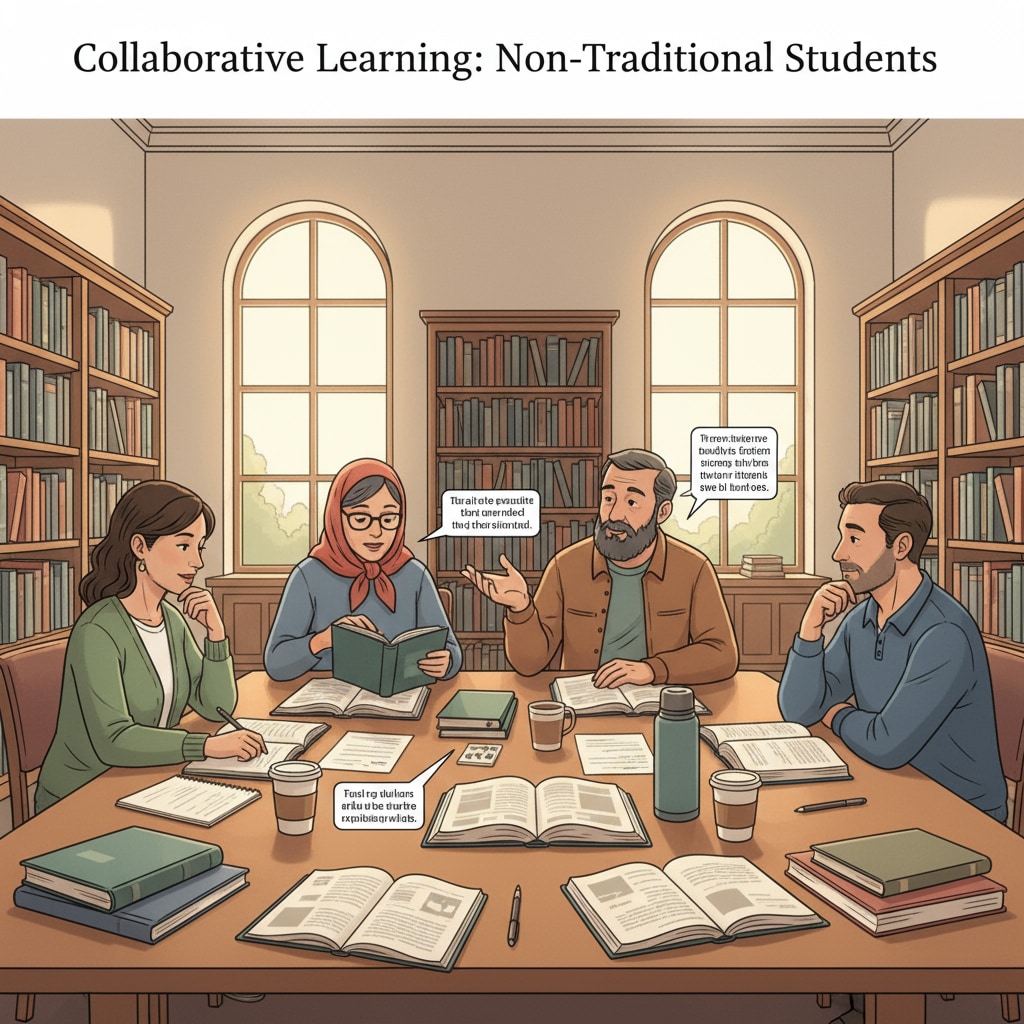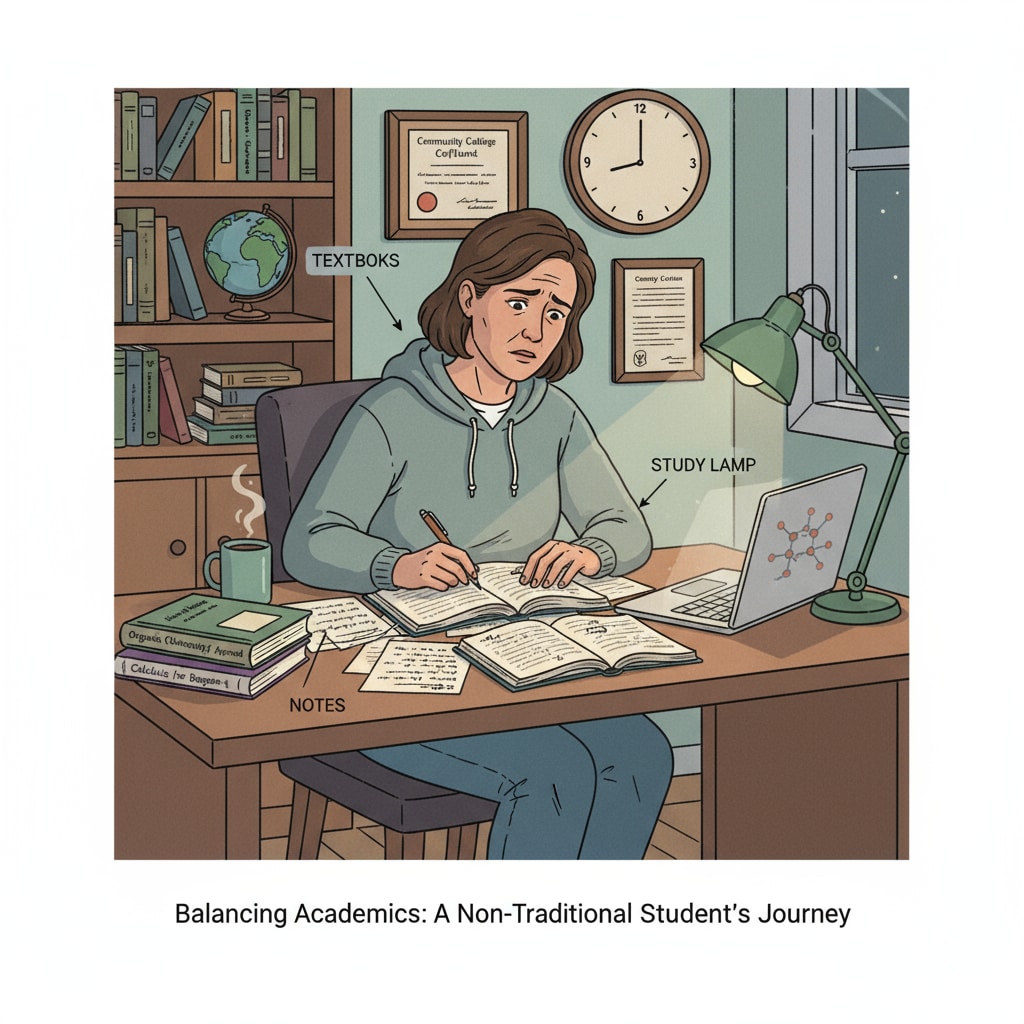Embarking on a college journey at a later age brings with it a unique set of circumstances that require careful psychological adjustment. The path of “college, late enrollment, psychological adjustment” is not without its challenges, but it also holds numerous opportunities for growth and self-discovery.

As individuals step into the college environment later than their peers, they may encounter a range of emotions and situations that demand thoughtful navigation.
The Challenges of Late Enrollment
One of the primary challenges faced by those who start college later is the feeling of being different. Non-traditional students often find themselves surrounded by younger classmates, which can lead to a sense of isolation. For example, in group projects, age differences might create communication barriers. Additionally, the pressure to catch up academically can be overwhelming. Many late starters may have been out of the educational loop for some time, making it difficult to adapt to the fast-paced college curriculum. According to American Psychological Association’s insights on college life, these factors can significantly impact a student’s mental well-being.

The Unique Advantages
However, starting college at a later age also comes with distinct advantages. Late starters often have more life experience, which can be a valuable asset in the classroom. Their maturity allows them to approach academic discussions with a deeper perspective. Moreover, they are likely to be more goal-oriented. Having had time to explore different paths, they are clearer about their career aspirations. This focus can help them make the most of their college years. As stated on National Center for Education Statistics’ page on non-traditional students, non-traditional students bring a unique set of skills and perspectives to the college environment.
To effectively adjust psychologically, late starters should focus on building a support network. Connecting with other non-traditional students or joining college clubs that welcome all ages can help reduce feelings of isolation. Another important aspect is setting realistic goals. Understanding that everyone’s educational journey is different and that success is not defined by a specific timeline is crucial. By embracing their individuality and leveraging their advantages, those who start college later can have a fulfilling and rewarding college experience.
Readability guidance: The article uses short paragraphs to present ideas clearly. Each H2 section offers key points. Passive语态 is minimized, and transition words like “however” and “additionally” are used to enhance flow. The content is organized to provide a comprehensive view of late college starters’ experiences and how to navigate them.


